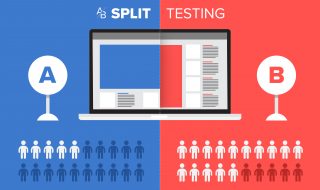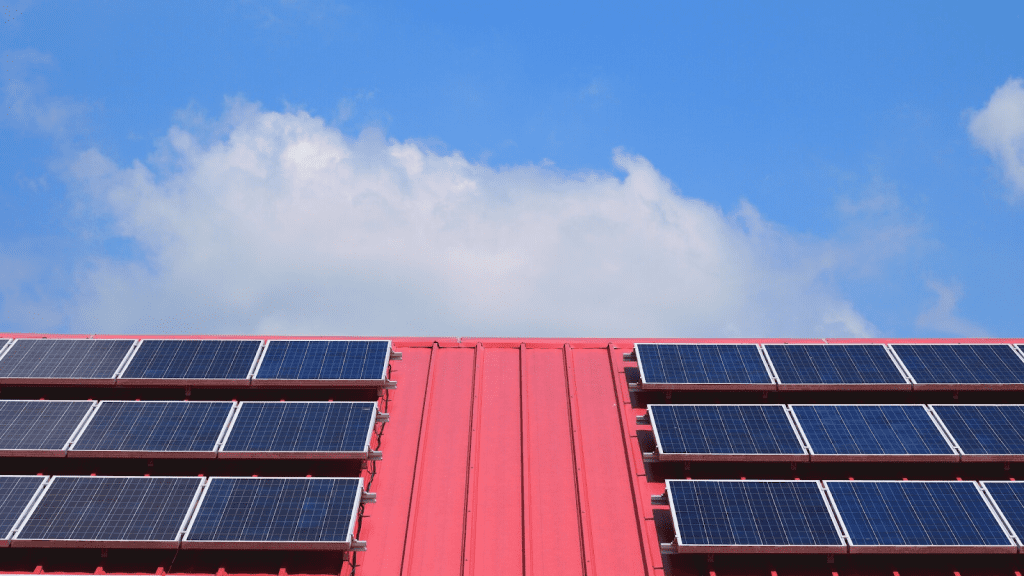
Did you know there were about 2.7 million residential solar systems in the US last year? The solar panel market is growing fast. But there is still confusion about how different solar panels work and the most appropriate panels for the average American home.
Many solar panels have differing applications, power output, and installation requirements. Understanding the pros and cons of each one will help you make the best decision for your home.
Not sure where to start? Read on to learn about the different types of solar panels to help you navigate the world of residential solar.
Monocrystalline Solar Panels
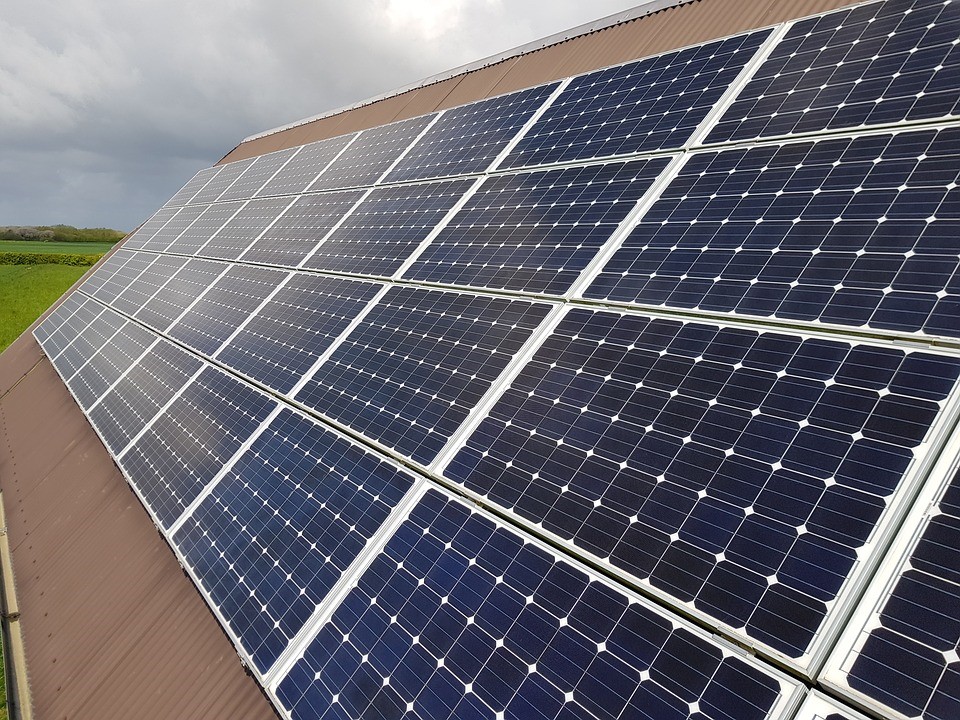
Monocrystalline solar panels are one of the most commonly used solar panels in households. These solar units are generally highly efficient but also quite expensive.
Monocrystalline panels consist of cells cut from a single, pure silicon crystal. Their structure makes them more efficient than other solar panel types, making them ideal for anyone looking to maximize their energy output in a limited space.
These solar panels are more affected by shade than other solar panels. It’s essential to be aware of the sun’s direction when installing monocrystalline solar panels and to ensure that trees or other objects do not block them.
Polycrystalline Solar Panels
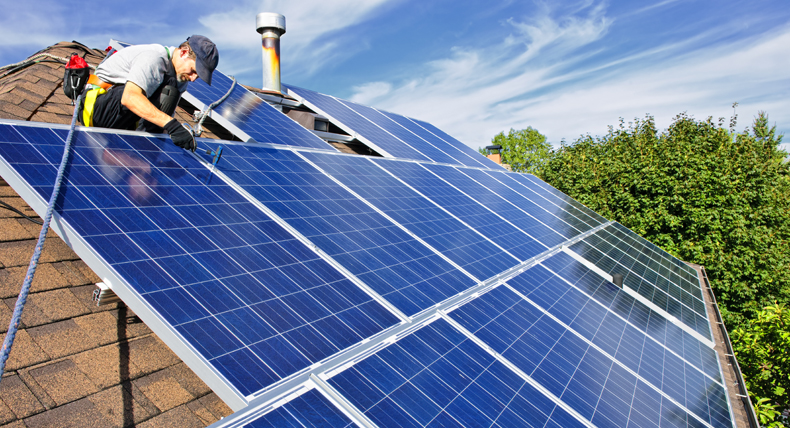
Polycrystalline solar panels are popular solar panel technology for households looking to switch to solar energy. These units have many smaller cells. They are differentiated from other solar panel materials in that they do not contain uniformity in how the crystal structure is formed.
In terms of effectivity, the polycrystalline solar panel typically converts 14-17% of the sun’s energy into usable electricity for the home. This is slightly less than the efficiency of monocrystalline solar panels. But this makes up for the lower efficiency rate with their durability and ability to withstand harsher weather.
Polycrystalline solar panels are a more cost-effective option for those with stringent budgets. With their excellent energy production and ability to resist wear, they have become a favorite choice amongst homeowners looking to go solar.
Grid-Tied Solar Panels
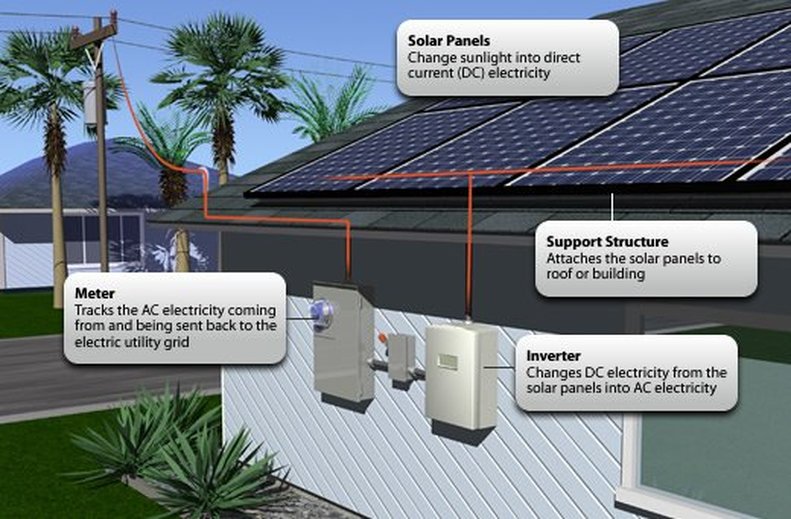
Grid-tied solar panels are solar panel systems connected to the public electrical grid. These are usually found in homes, businesses, and public institutions.
A grid-tied system is a cost-effective alternative to off-grid systems. It allows customers to reduce their electricity bills and leverage net metering, allowing them to sell any excess electricity their system produces back to the grid.
They are also more convenient for households, as the grid provides a reliable electricity backup in case of cloudy weather or excess electricity demand. Grid-tied solar panels don’t require batteries and feed the excess electricity produced back into the grid. However, these systems are not the only type of solar panel system.
Passivated Emitter and Rear Cell (PERC) Panels
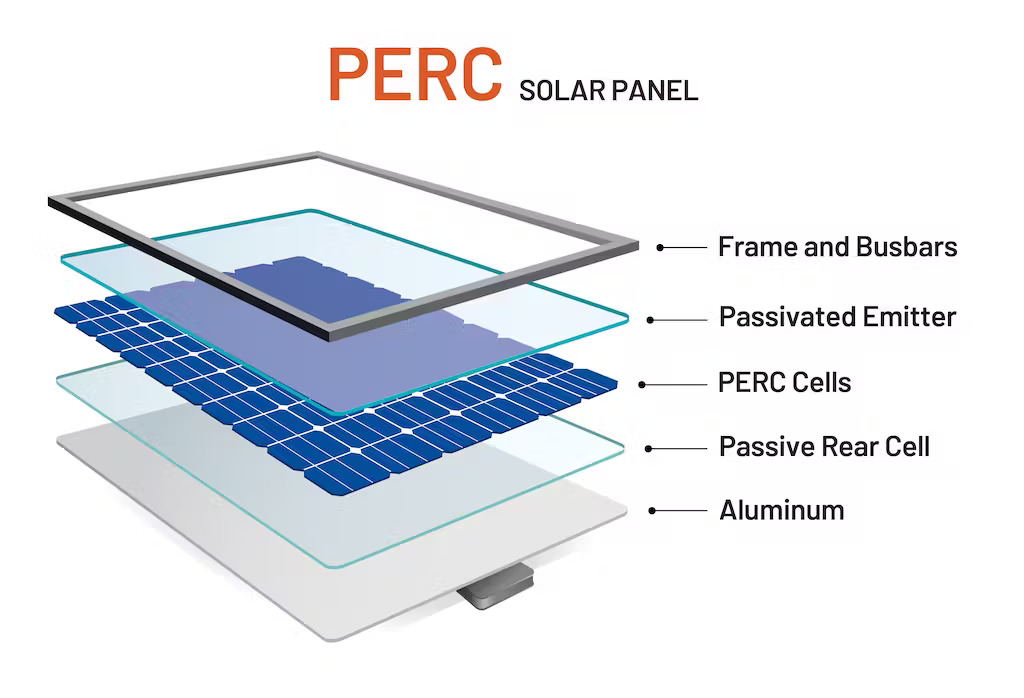
Passivated Emitter and Rear Cell (PERC) panels are very efficient solar panel options that can capture more of the sun’s power, convert it into electricity and use it to power devices. They use a combination of n-type and p-type silicon cells to create a more efficient solar panel. These solar panels also have a rear contact that allows the positive and negative charges to flow through the cells more efficiently.
By utilizing a larger surface area, PERC panels are generally more efficient than other types, producing more energy and reducing waste. These panels usually have longer lifespans, making them an attractive option for homeowners.
Thin-Film Solar Panels
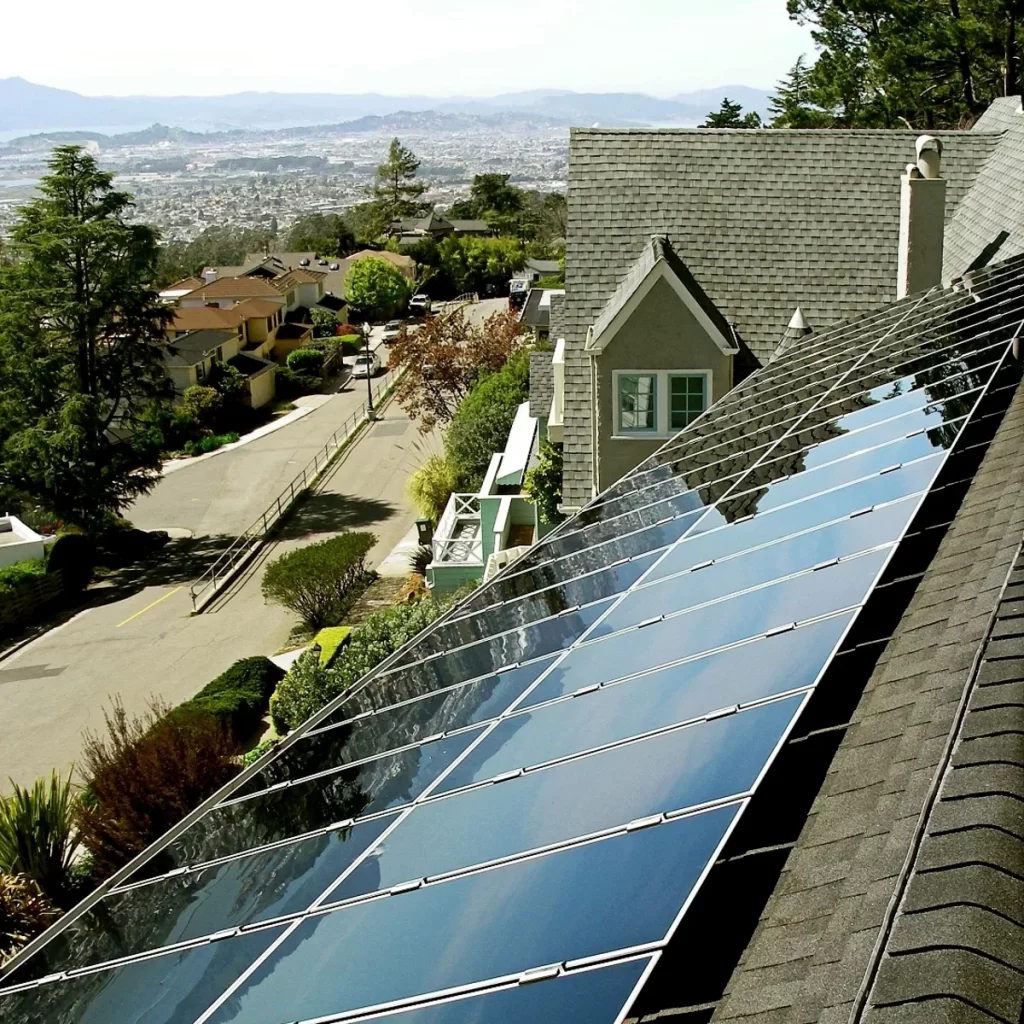
Unlike rooftop or ground-mounted panels, these are thin, flexible, and efficient. They absorb light from all directions, even in direct sunlight, and can be applied directly to almost any exterior, including walls and fences.
They provide higher power generation than standard photovoltaic (PV) cells but at a fraction of the cost and in a much smaller space. They are also much lighter than traditional panels, making them easier to store and deploy.
The panels are also effective in low-light areas, making them ideal for those in the shade, such as near tall trees. These panels provide a more flexible, efficient, and affordable solution for residential solar users. Make sure to check out this solar company to get the latest units and quality installation for this type, as the panels are delicate.
Floating Solar Panels
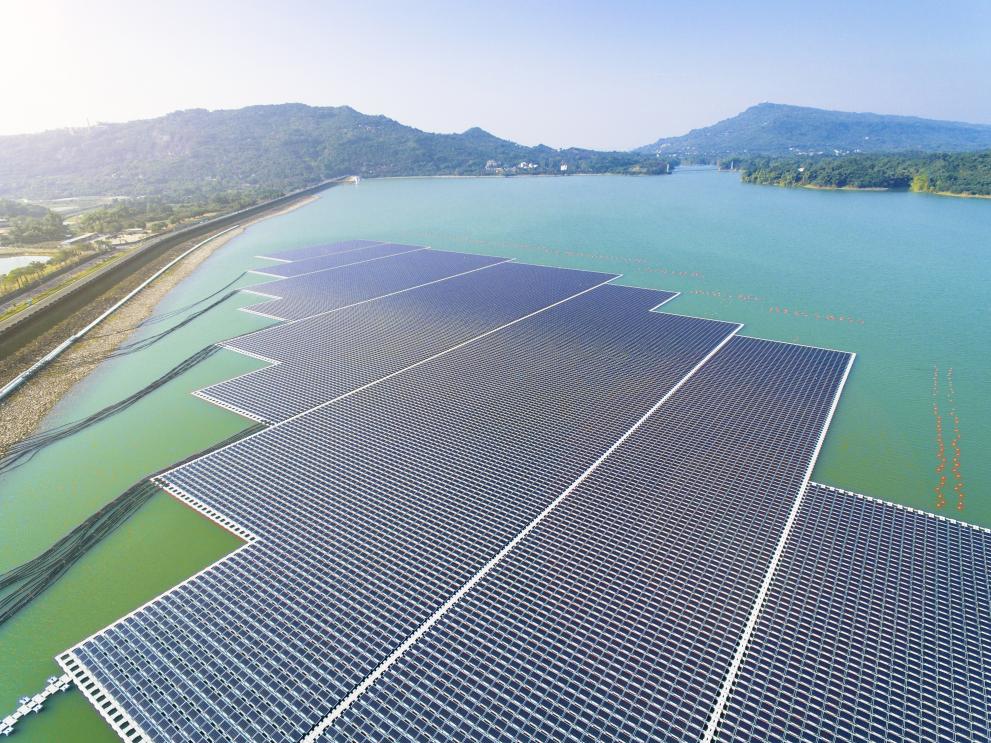
Floating solar panels are an emerging application of solar PV technology designed to significantly reduce water waste from water evaporation in large-scale solar farms. Floating solar panels also take up much less space than traditional panels located on land.
The water beneath the panels acts as a natural cooling system for the panels. It can lead to more efficient energy production compared to other panel types.
This floating solar panel technology may also be applicable in large bodies of water and oceans. This is perfect for areas where conventional photovoltaic installations are either unfeasible or too expensive.
Solar Roof Shingles
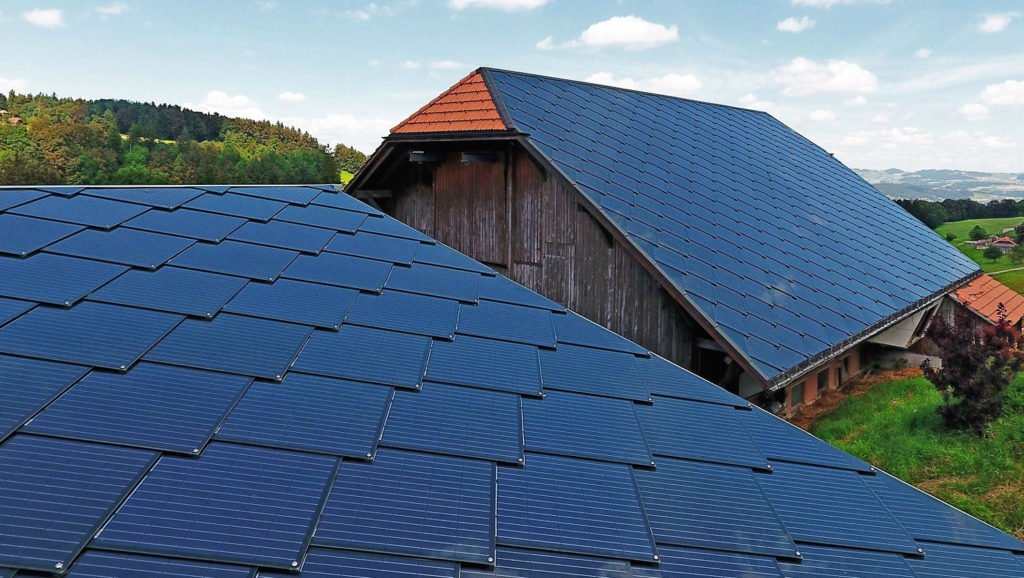
Solar roof shingles are becoming a popular alternative to traditional solar panels for houses. Solar shingles integrate seamlessly with a roof, making them less visible than solar panels. These are thin and flexible, allowing them to be molded into the shape of a roof.
They are also made with energy-efficient monocrystalline cells. It makes them more efficient than traditional solar panels.
Solar roof shingles come in various colors and styles, so they can easily match any roof. They also come with an extended warranty and are an excellent long-term investment.
Choose the Right Types of Solar Panels for Your Household Today
Overall, no single type of solar panel is better than the others. It is essential to weigh the advantages and disadvantages of buying solar panels to decide which type of solar panel is best for your needs.
If you are having trouble deciding the right types of solar panels, seeking the advice of a professional is often a good idea. Investing in solar panels can benefit both the environment and your wallet. Take the first step towards a greener home today.
Want to learn more? Visit our website for the latest guides and insights for all your needs!



